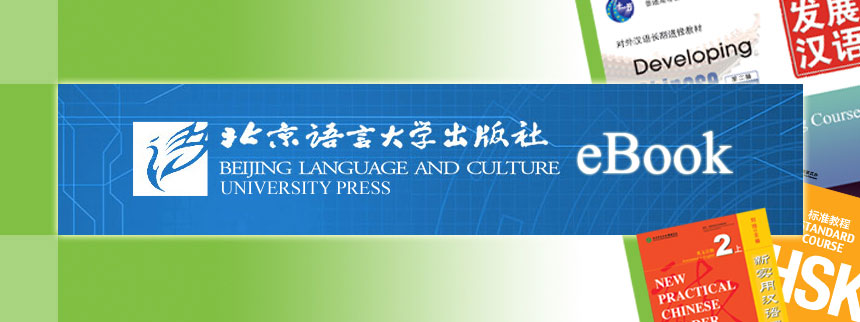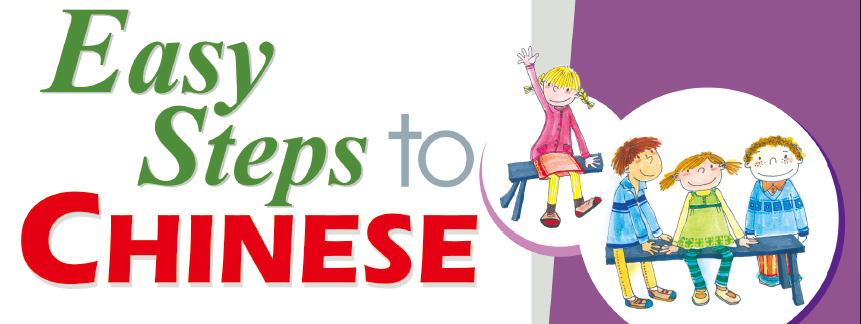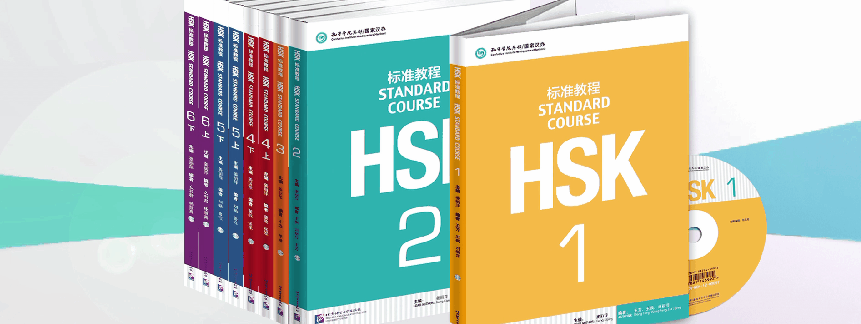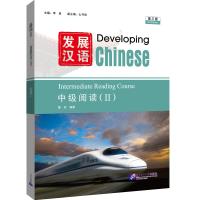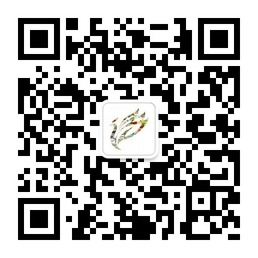Online Bookstore
Developing Chinese (3rd Edition) Intermediate Reading Course (Ⅱ)
Author:Li Quan
- Medium:Books
- ISBN: 9787561966068
- Page Count: 107
- Size:285 × 210 mm
- Pub Date:2024-09
- The book weight: 277 g
- Annotation Language:English
- Course:Reading
- Target Audience(Age):College ,Adults
- Target Audience(Language):Intermediate
- The Series: Developing Chinese (3rd Edition)
- Subject Zone: Developing Chinese (3rd Edition)
- Price:
-
Category: Textbooks >Study in China >Short-Term
Textbooks >Study in China >Long-Term
More

